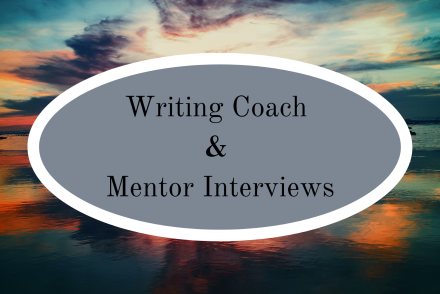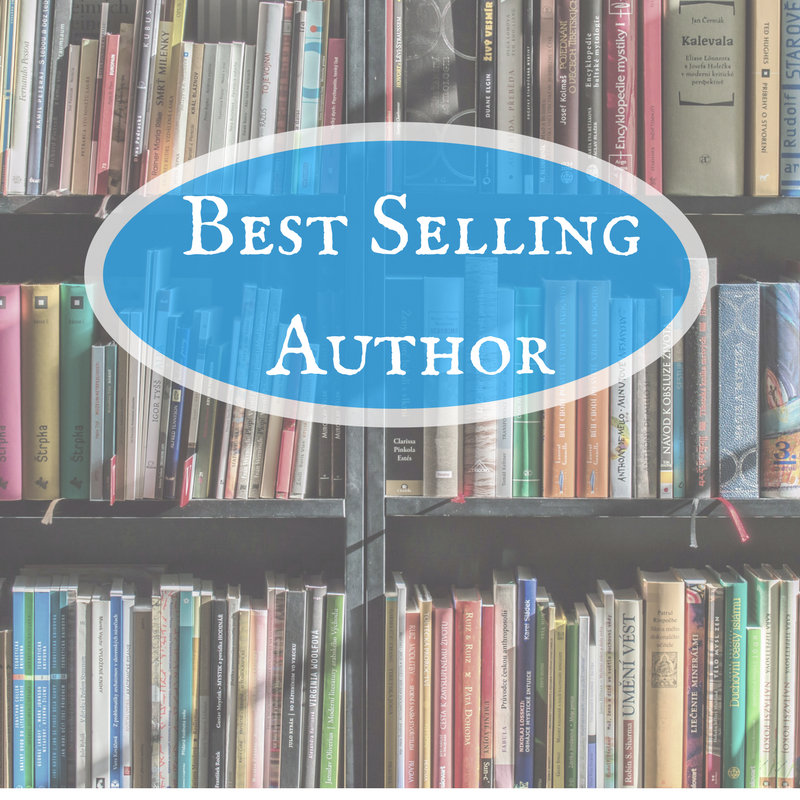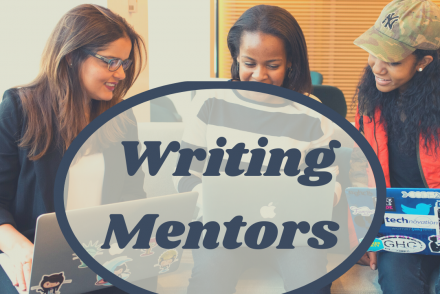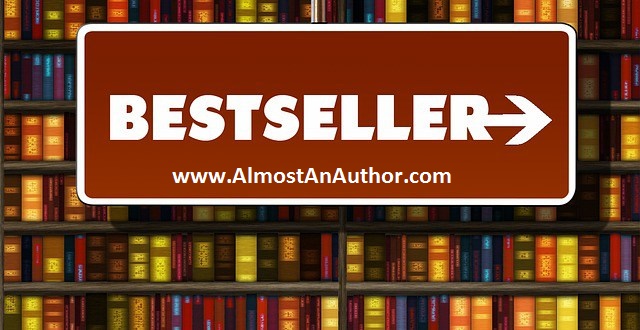
Interview With Award-Winning Author Robin Currie
Can you share a little about your recent book? How to Dress a Dinosaur is a board book published…
March 21, 2023
Can you share a little about your recent book? How to Dress a Dinosaur is a board book published…
March 21, 2023
M. J. Padgett is a YA author and co-owner of Pirate Cat Publishing and I asked her advice about…
October 28, 2022
Why do you write? Do you have a theme, message, or goal for your books? While I never set…
September 19, 2022
Can you share a little about your recent book? The most recent books I’ve written are holiday books, but…
January 1, 2022
Can you share a little about your recent book? Lethal Cover-Up is a story about sisters and what happens…
October 1, 2021
Can you share a little about your recent book? A true story of beating insurmountable odds can be stranger…
September 1, 2021
Why do you write? Do you have a theme, message, or goal for your books? I write to help…
August 19, 2021
Can you share a little about your recent book? Strength of a Woman: Why You Are Proverbs 31 looks…
August 1, 2021
Why do you write? Do you have a theme, message, or goal for your books? I write because I…
July 19, 2021
Why do you write? Do you have a theme, message, or goal for your books? I write because I…
June 19, 2021
The First Impressions Contest is held every year by ACFW. This year, Annette Griffin made it to finalists’ list…
December 27, 2020
Can you share a little about your recent book? The Silent Queen captures my passion for men and women…
December 12, 2020For most magazine articles, I need information beyond what I have myself. To gather this information, I will…
June 12, 2017
Can you share a little about your recent book – My last book is titled TREASURED GRACE and it’s…
June 1, 2017
If you’ve never done an interview with someone else, the thought can be frightening. I want to take…
May 12, 2017